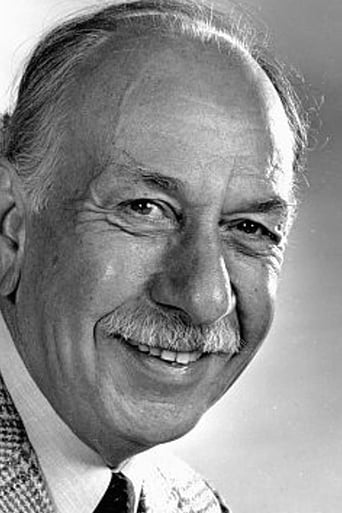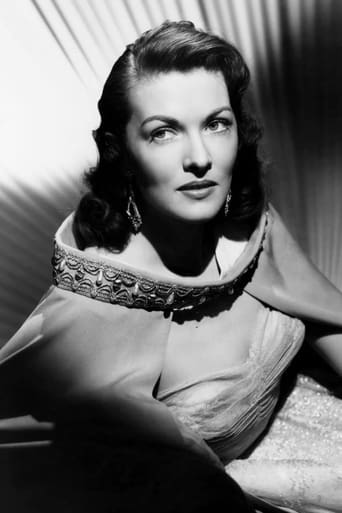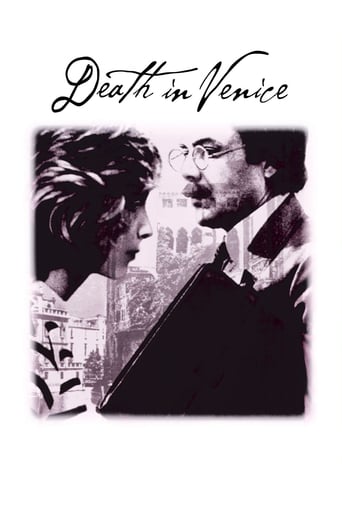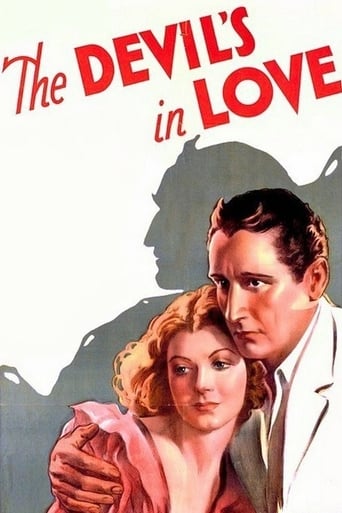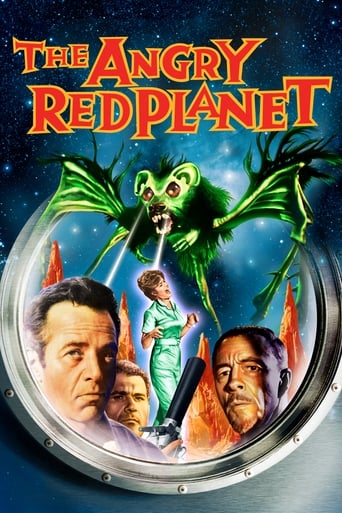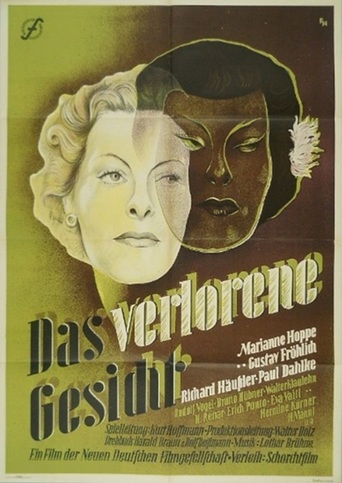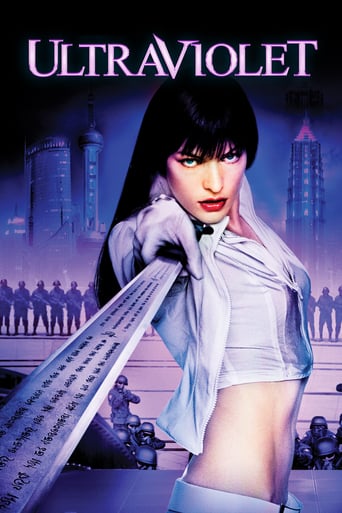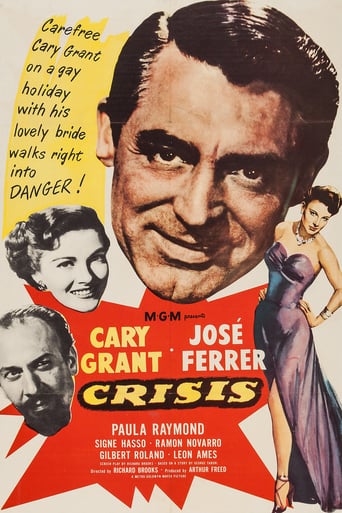
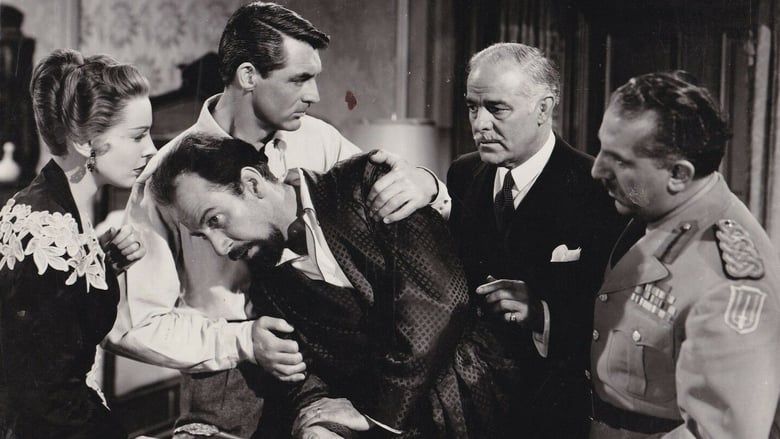
Crisis (1950)
An American doctor gets caught in the middle of a revolution when he's forced to operate on a South American dictator.
Watch Trailer
Cast
Similar titles

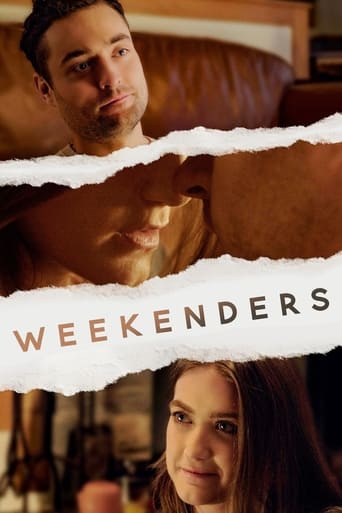
Reviews
the audience applauded
That was an excellent one.
Simply A Masterpiece
Good movie but grossly overrated
Lightweight leading man Cary Grant decided to try playing a serious role for a change in writer & director Richard Brooks' first directorial effort "Crisis" about a gifted surgeon who agrees to operate on a notorious South American dictator who suffers from a brain tumor. Nothing about "Crisis" is remotely like anything that Grant had done before in Hollywood. Humor is not used to relieve the tension or the drama in this straightforward medical yarn. Brooks adapted George Tabori's short story "The Doubters," and he pulls few punches realistic yarn. It should come as no surprise that Latin Americans didn't like approve of this controversial movie. Ultimately, Grant's stab of being serious amounted to a flop, despite the poster ads that proclaimed "Carefree Cary Grant on a gay vacation with his lovely bride walks right into Danger!" The arrogant dictator, Raoul Farrago (José Ferrer of "The Shrike"), insists that the good doctor operate even though several more qualified surgeons are available to treat him. As it turns out, none of those doctors want to save Farrago. You see, Dr. Eugene Norland Ferguson (Cary Grant of "Gunga Din") and his wife Helen (Paula Raymond of "The Duchess of Idaho") are on holiday from their ship when they find themselves arrested by Farrago's armed enforcer Colonel Adragon (Ramon Navarro of the silent "Ben-Hur") who doesn't take no for an answer. Meantime, a representative from an oil company, Sam Proctor (Leon Ames of "Lady in the Lake") advises the Fergusons that he go through with the dangerous operation. Ferguson doesn't want his wife around if anything goes wrong. She boards a train with an armed escort to leave the country. Earlier, Ferguson and his wife had dined out in a restaurant where the subverves hang their hats, the doctor meets the ring leader of the opposition, Roland Gonzales (Gilbert Roland of "Beneath the 12 Mile Reef") tries to convince Ferguson to botch the operation. Truthful to his oath as a doctor, Ferguson goes ahead with the operation. Farrago survives but ignores his physician's orders. The ending is appropriate to this Metro-Goldwyn-Mayer social consciousness drama and it should come as no surprise what happens to the dreaded Farrago. The ending has a touch of irony to it. "Crisis" lives up to its title, and Brooks never lets the tension slacken throughout this taut thriller. Reportedly, Grant threw himself into the role and approached genuine doctors who showed him a thing or two about the surgeon's profession.
Surgeon Cary Grant and his wife Paula Raymond are vacationing in some South American country when they are kidnapped by the military police and taken into the mountains. There they are told the country's dictator, José Ferrer, is in need of an operation to remove a tumor. Grant reluctantly agrees but then his wife is kidnapped by revolutionaries who would like to see Ferrer dead.Hollywood types have always had a fascination with the politics of Latin American countries, their dictators and rebels. This was especially true in the 1950s. So I'm not surprised this was made. I'm also not surprised it flopped at the box office. It's the directorial debut of Richard Brooks, a director who I believe made it farther having friends in high places than any appreciable degree of talent. But I suppose that's true of many directors, actors, etc. even to this day. Grant does fine here but the film is so serious and monotone that it removes many chances for Grant's charisma and personality to shine through. There are a couple of quips here and there that stand out against the rest of the movie's drabness. Paula Raymond is pretty but wooden. José Ferrer is very stagy. Signe Hasso, Leon Ames, Gilbert Roland, and Ramon Novarro are all fine in supporting parts. It's not a bad movie of its type, just ordinary and dull. Not the kind of movie a Cary Grant fan will likely expect.
If any film demonstrates that an actor can make or break a movie, this is it. The scriptwriters deliver Cary Grant a poor hand - a plodding, ham-fisted drama which rushes from climax to climax, before abruptly ending without any real resolution or conclusion. However, Mr Grant single-handedly salvages the entire enterprise, aided by a delightful set design - his blockbuster performance successfully draws the viewer away from the plot, to focus on his character alone.Virtually all the tension delivered in this film is produced by Cary Grant - a cold stare, a few harsh words, a powerful stride. He is a joy to watch, and the manufactured and phony attempts at drama the script shoehorns in only highlight how poor they are in comparison. With a better script, this film could have been a marvel - as it stands, it is an excellent showpiece for Mr Grant's talents, and an object lesson to aspiring actors (and scriptwriters, for that matter) everywhere.
This Cary Grant film is shown less often on TV than most of his films. Part of this may be because it certainly isn't among his very best films but part of it also must be due to its odd plot. Cary is a famous brain surgeon who's on vacation in South America with his wife. A nasty dictator is dying and needs brain surgery, so Cary and the wife are abducted and brought to meet the "president for life" (Ferrer). Grant is told that he really has no choice about doing the operation, because his and his wife's lives are forfeited if he refuses or botches the operation, as they know that Grant would much rather see this evil little dictator assume room temperature. Because of this, it's a tense little film. Also, I particularly liked the ending. On so many levels, it was an excellent wrap-up for the film--both in what occurred to the dictator as well as his replacement.

